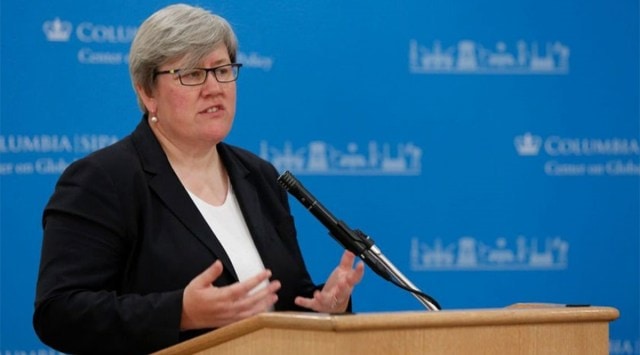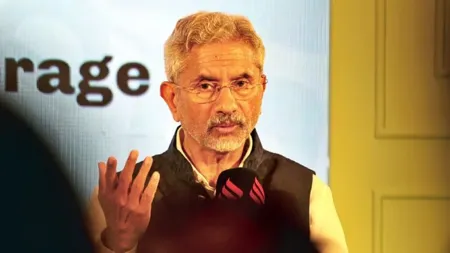Rachel Kyte, Dean of The Fletcher School at Tufts University and a member of the UN Secretary-General’s high-level advisory group on climate action, emphasizes that the outcome of the 2021 Glasgow climate talks and future actions depend greatly on where you reside. Prior to the summit, countries’ commitments were leading to a global warming of around 2.9 °C this century, far exceeding the 1.5 °C target. However, India’s pledge in Glasgow to achieve net zero emissions by 2070 and have 50% renewable energy by 2030 has helped reduce this trajectory.
Kyte acknowledges that more needs to be done, especially in light of the grim findings in the latest IPCC report. Nevertheless, she believes that countries will come back to the table in November 2022 with stronger commitments to align with the 1.5°C goal.
The IPCC report warns that without immediate and significant emissions reductions across all sectors, limiting global warming to 1.5°C will be out of reach. Kyte stresses the urgency of the situation, highlighting the potential for deploying solutions more cost-effectively than anticipated. She notes the importance of shifting to carbon removal strategies, such as incentivizing farmers to store carbon in soil and investing in technologies like carbon capture.
While there is progress on mitigation and adaptation strategies, Kyte acknowledges the lack of commitments on loss and damage. Developing countries rightfully demand support for addressing loss and damage caused by climate change, emphasizing the need for financial assistance from wealthier nations.
Kyte praises India’s ambitious renewable energy goals set at Glasgow, particularly the aim to generate 50% of energy from renewables by 2030. She also recognizes the complexities of transitioning away from coal and the need for international support in managing this shift.
The transition to renewable energy faces challenges, such as disruptions in supply chains due to conflicts and the high cost of minerals essential for green technologies. Kyte calls for innovation to reduce dependency on critical resources and to address supply chain vulnerabilities.
In conclusion, Kyte stresses the need for urgent action and collaboration to tackle climate change effectively. The time for meaningful progress is now, and all nations must work together to mitigate the impacts of global warming.











